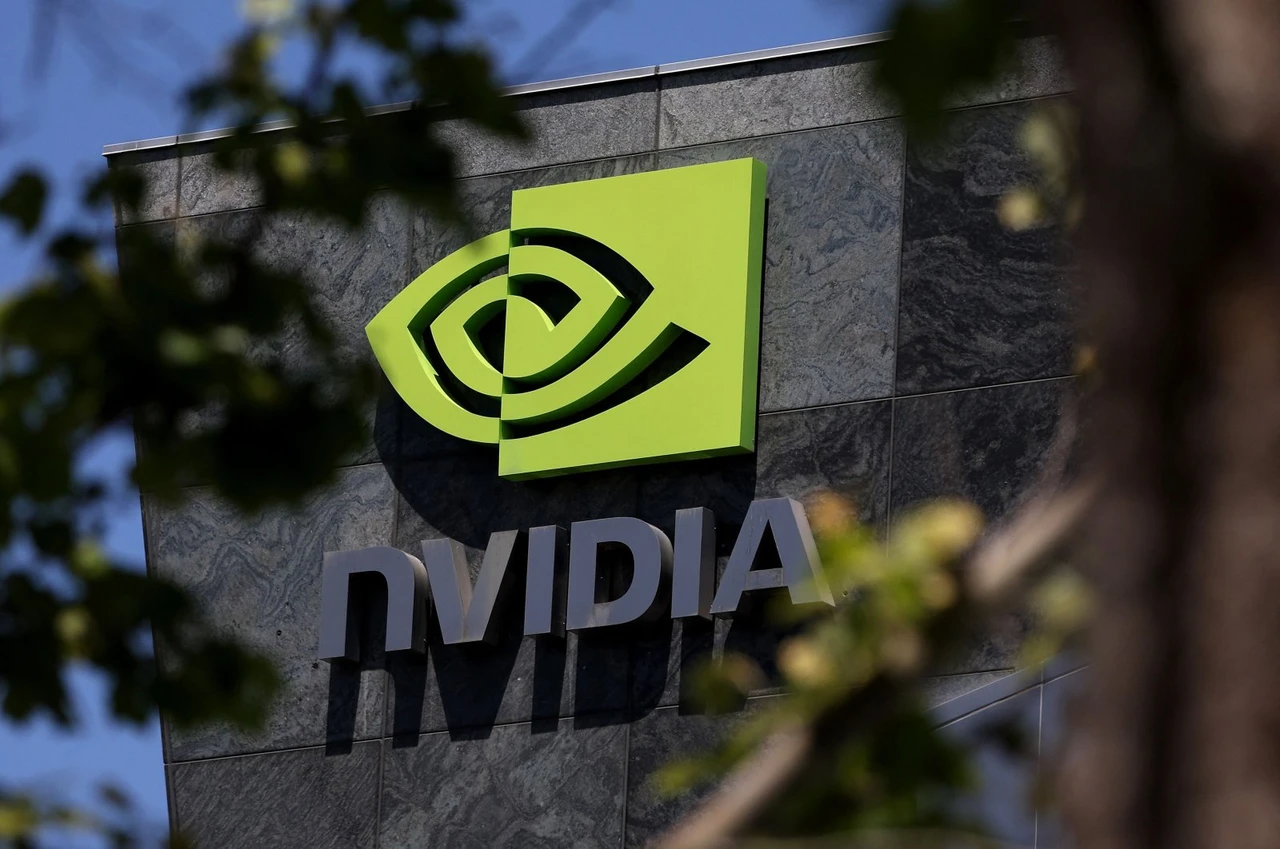China launches antitrust investigation into Nvidia amid chip industry tensions
 The logo of technology company Nvidia is seen at its headquarters in Santa Clara, California. (AFP Photo)
The logo of technology company Nvidia is seen at its headquarters in Santa Clara, California. (AFP Photo)
China has launched an antitrust investigation into U.S. chipmaker Nvidia, escalating tensions in the race for global semiconductor dominance. The State Administration for Market Regulation announced Monday that the probe was initiated over allegations of anti-monopoly law violations and concerns Nvidia breached commitments tied to its 2020 acquisition of Israeli data center firm Mellanox.
The announcement sent Nvidia shares tumbling 2.6% by the close of trading on Wall Street, contributing to a broader decline in U.S. stocks. Nvidia, which has emerged as a leader in artificial intelligence chipmaking, declined to comment on the matter.
This latest move comes amid intensifying disputes between Washington and Beijing over access to chipmaking technology. Both nations have implemented measures targeting each other’s semiconductor industries, highlighting the growing geopolitical and economic significance of advanced chips.
Last week, China announced restrictions on exporting critical semiconductor materials, including gallium, antimony, and germanium, citing “national security” concerns. The U.S. government has similarly imposed stringent controls, recently expanding its list of restricted exports to include 140 companies, such as Chinese firms Piotech and SiCarrier, alongside limitations on advanced chipmaking equipment and software tools.
Nvidia, which has capitalized on the surging demand for AI technologies, has faced challenges in China. In 2023, the U.S. restricted the company from selling some of its top AI chips to the Chinese market, further complicating its position in a region already impacted by trade disputes.
Despite reporting record-breaking quarterly revenue in November, Nvidia has been navigating investor concerns over renewed U.S.-China tensions, particularly with the potential return of Donald Trump to the White House.
Nvidia CEO Jensen Huang, during a recent event in Hong Kong, maintained a global perspective, emphasizing the universal nature of AI research. “Open science and open research in AI is absolutely global,” Huang said. “Nothing” would hinder that progress, he added.



